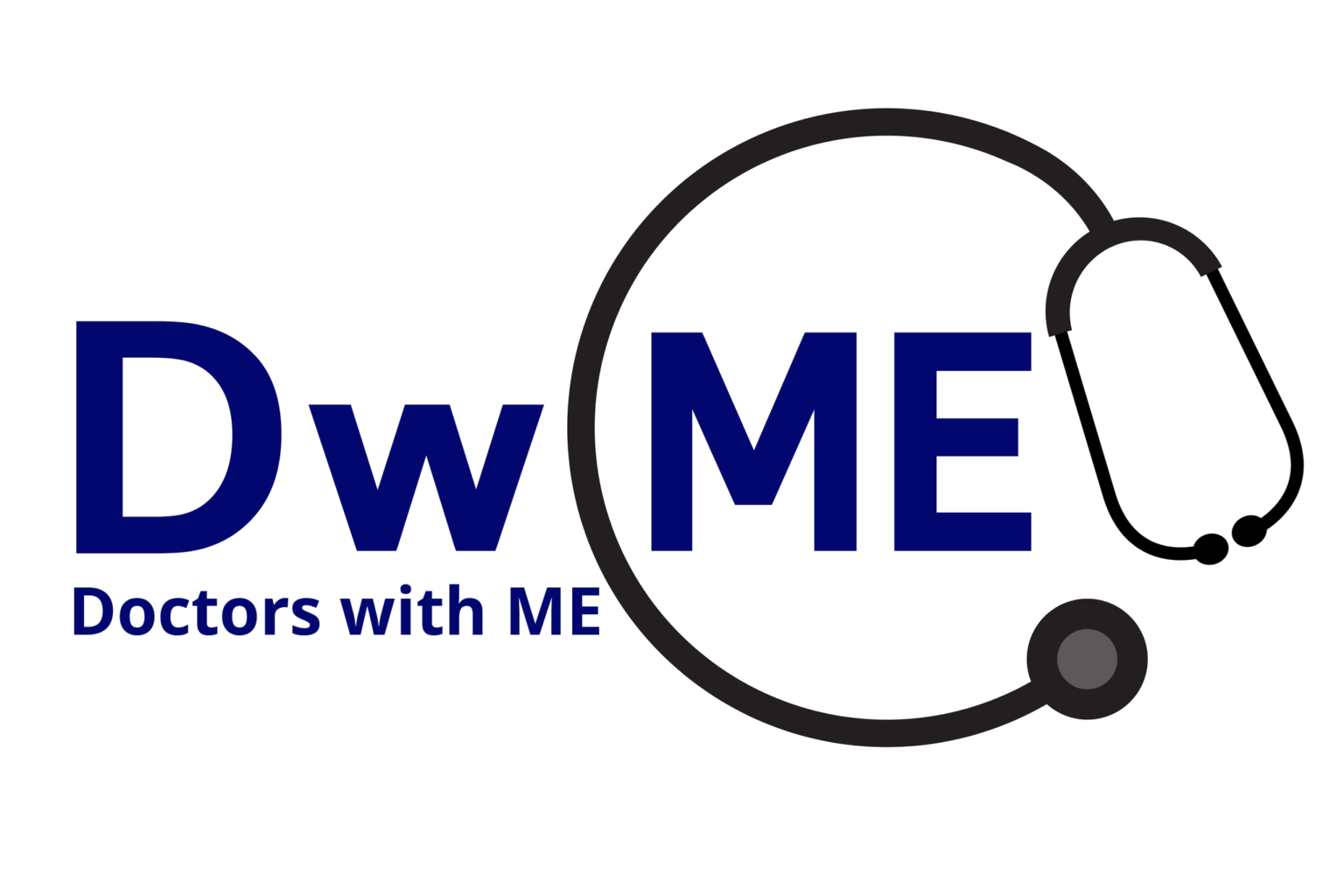The law does not allow clinical judgement to be discriminatory or to breach duties of care – a normally uncontroversial statement with an unusual degree of unmanaged consequences for this field of disease. The law does not allow clinical judgement to be discriminatory or to breach duties of care – a normally uncontroversial statement with…Continue readingUnlawful clinical judgement (flu and covid vaccination examples)
Categories
Unlawful clinical judgement (flu and covid vaccination examples)
- Post date 23 July 2021
- Categories In Compliance
- Tags BDD, BDS, Bodily distress, Book, breaches, Care Quality Commission, CFS, claims management, Clinical judgement, Compliance, compliance risk, Conversion Disorder, Covid, CQC, Diagnosis, Discrimination, education, expertise risk, flu, FND, Functional, Functional Disorder, General Medical Council, GET, GMC, infection, Influenza, insurance underwriting, intermediation, join, Judgement, Law, Legal, Liabilities, Liability, Long Covid, ME, ME/CFS, medical failure, medical norm, Medically Unexplained Symptoms, medico-legal, MUS, obligation, occupational health, operational risk, PENE, Persistent Physical Symptoms, PESE, Policy, Post Exertional Malaise, practice management, PSS, PTSD, reinsurance, Research, Risk, Somatisation, Somatization, unlawfulness, vaccination, vaccine

